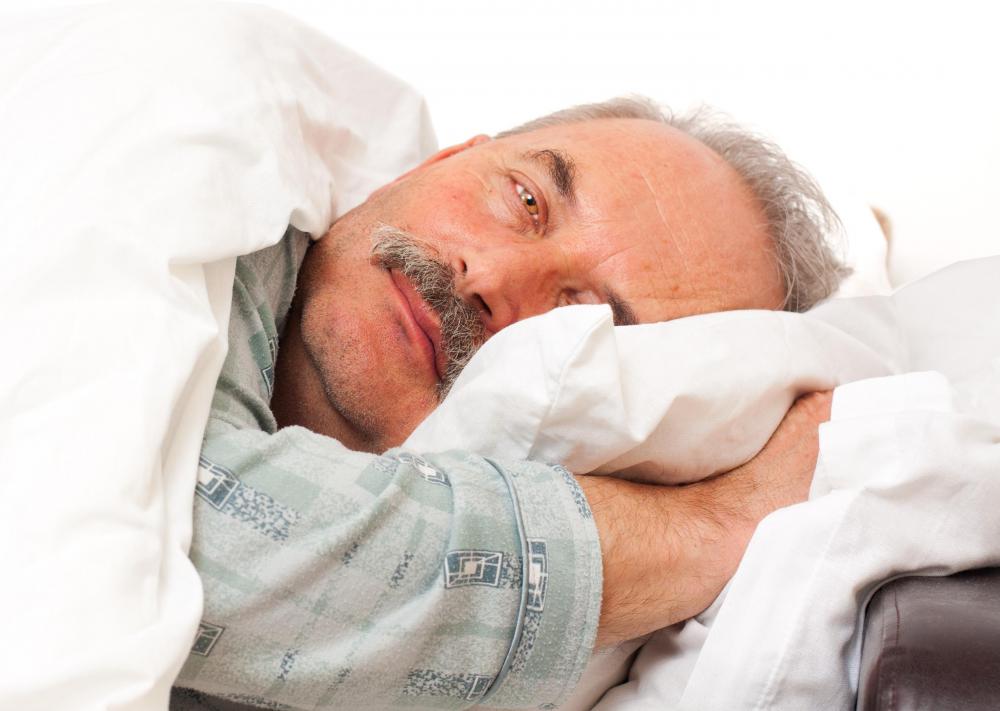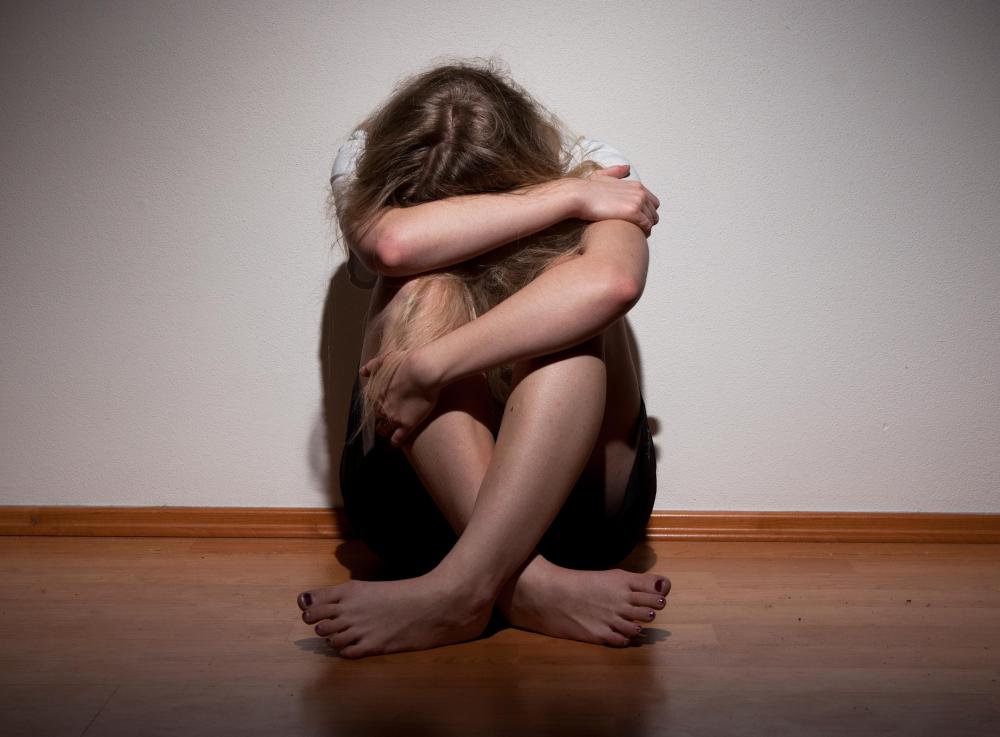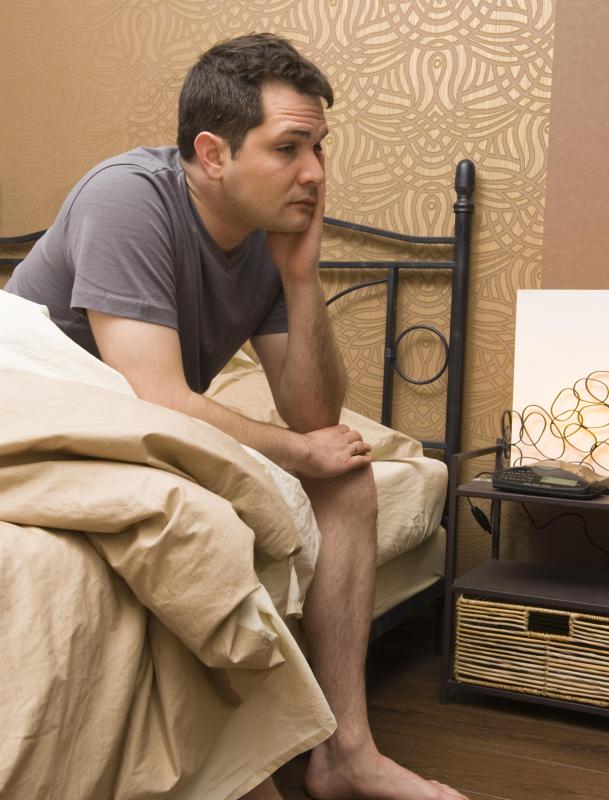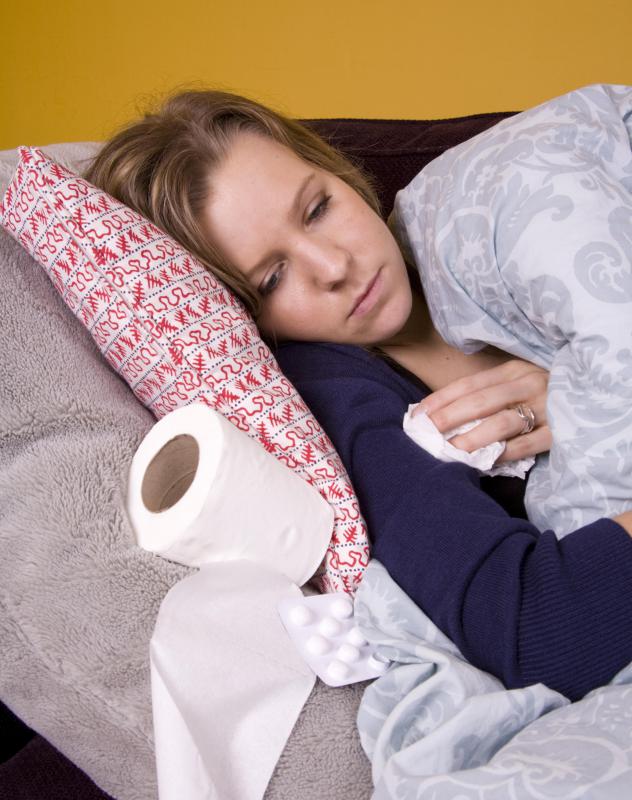At WiseGEEK, we're committed to delivering accurate, trustworthy information. Our expert-authored content is rigorously fact-checked and sourced from credible authorities. Discover how we uphold the highest standards in providing you with reliable knowledge.
What is the Relationship Between Depression and Sleep?
The relationship between depression and sleep is a complicated one, and new research continues to point to various connections between the two. The trouble with completely understanding the relationship is that many people who have major depression or anxiety disorder also suffer from insomnia. However medication to treat these disorders doesn’t always treat the insomnia, and now there’s evidence that insomnia may exist as a precursor to depression and might be a reliable predicting factor that determines depression risk.
Evidence in 2008 on depression and sleep is striking. In children for instance, it was discovered that children with sleep problems that are seven or older have a much greater risk of developing either depression or anxiety disorder by adulthood. Kids under the age of six who routinely have insomnia are at even greater risk, and may be twice as likely to develop depression before adolescence than are children who have no observable sleep problems.

Another study produced in 2008 evaluated the way in which lack of sleep in postpartum mothers may be a predictable factor for postpartum depression. It’s quite common for new moms to get less sleep than they did previously, but some are having trouble sleeping even when a baby doesn’t require care. Pursuing good sleep habits and speaking to a doctor if sleep troubles persist may be a means of reducing incidence of postpartum depression.

In general, insomnia in all populations may help be a predictor for depression, and it may also contribute to keeping people depressed even when they are using medication treatment and therapy. There is some suggestion that aggressively treating insomnia may help prevent depression. It’s also noted that insomnia during depression may increase likelihood of suicidal behavior, but this may be complicated by the fact that some of the newer serotonin reuptake inhibitors (SSRIs) may initially cause suicidality.

Some of the older classes of medications used to treat depression, like tricyclics and monoamine oxidase inhibitors were more effective in helping to treat sleep problems. They were more sedating, which could be an undesirable effect during the day. Many of them also had more side effects in general, and were dangerous to give to patients who were suicidal and at risk of intentional overdose. SSRIs were generally favored over these medications, yet most do not address sleep issues, and thus may not fully help end depression in people with insomnia. Older antidepressants may be considered for use instead, or newer drugs meant to help with sleep difficulties may be prescribed with SSRIs.

One interesting connection between depression and sleep has been the assumption that people with depression are likely to sleep too much. Actually, most depressed and anxious people sleep less, except for teens, who may oversleep. However, those with bipolar disorder are far more likely to oversleep than undersleep, which may be a helpful tool in differentiating between bipolar and major depression.

Scientists, doctors and researchers continue to study the intricate relationship between depression and sleep. For now, those with insomnia should know that speaking to a doctor to get help or treatment could be vital. Since insomnia tends to exist prior to depression, swift treatment of it might mean a person never progresses to a depressive state.
AS FEATURED ON:
AS FEATURED ON:




















Discuss this Article
Post your comments